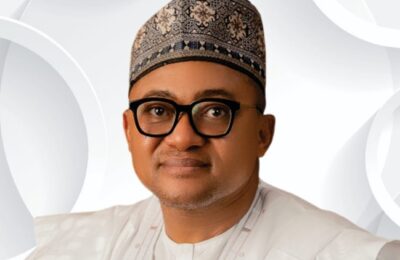Nigeria is once again at a political crossroads as lawmakers consider a proposal to create 31 additional states. If implemented, this would be the most significant restructuring of Nigeria’s governance system since the country transitioned to 36 states in 1996. Proponents believe the move could bring governance closer to the people, but critics warn of economic and administrative dangers.
Supporters of the proposal argue that new states would give marginalized communities a greater voice, improve resource allocation, and foster a sense of belonging among ethnic groups that feel sidelined. They point to the need for equitable development across the country, claiming that smaller administrative units could enhance local governance.
However, Nigeria’s past experience suggests otherwise. Despite multiple state creations since independence, many regions continue to suffer from underdevelopment, corruption, and poor service delivery. Critics argue that increasing the number of states may only expand inefficiencies rather than solve governance problems.
Nigeria’s economy is already under immense pressure. The country faces rising debt, high inflation, and an unemployment crisis. Establishing 31 new states would mean constructing new government buildings, appointing new governors, lawmakers, commissioners, and civil servants—all of which come at a significant cost.
With most of Nigeria’s 36 states heavily reliant on federal allocations, the financial viability of 31 additional states is questionable. “Many states today struggle to generate enough revenue to pay salaries, let alone fund infrastructure projects,” says economic analyst Chijioke Eze. “Adding more states without a concrete economic plan could lead to deeper financial instability.”
More Politicians, More Problems?
One major concern is the potential expansion of Nigeria’s already bloated government. Creating 31 states would mean thousands of new political positions, from governors to legislators, adding to the cost of governance.
Political analysts fear that instead of improving democracy, the proposal might serve as a tool for political patronage. “This could be a way to create more positions for political allies rather than addressing real governance challenges,” says Dr. Amina Yusuf, a political science lecturer at the University of Abuja.
Instead of increasing the number of states, I suggest restructuring Nigeria’s governance model to improve efficiency. Some advocate for granting existing states more autonomy to manage their resources, reducing dependence on federal allocations.
Others propose strengthening local governments, which often lack the financial independence to function effectively. A well-funded and empowered local government system, they argue, could bring governance closer to the people without the financial burden of creating new states
As discussions continue, Nigerians remain divided on whether the proposal will enhance governance or worsen existing inefficiencies. Lawmakers must weigh the benefits of political representation against the economic realities of sustaining new administrative structures.
Without a clear economic strategy and governance reforms, critics warn that this move could deepen Nigeria’s financial crisis rather than drive meaningful development. The nation now faces a critical decision: expand its political map or strengthen its existing institutions?
– Abubakar Yunusa, a journalist, writes from Abuja.




